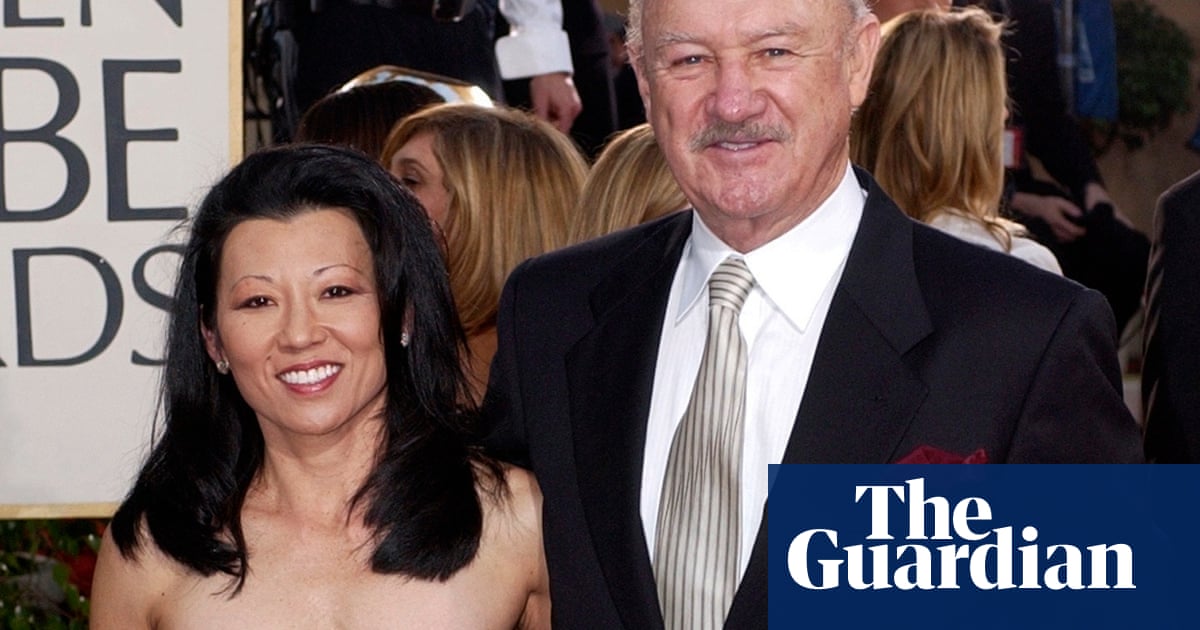Natja Brunckhorst is the actor-turned-director who first came to prominence as the teen lead of Uli Edel’s Christiane F in 1981, playing a West Berlin drug addict and effectively co-starring with David Bowie, who had a cameo in the film. Now she has written and directed this satirical caper with an Ealingesque premise: a bunch of depressed people in East Germany in 1990, with reunification a few days away, discover an old storage depot with tons of abandoned and soon-to-be-worthless ostmarks – ostmarks galore, in fact – and not much time left for sneakily exchanging them for deutschemarks at the accepted (and humiliating) rate of two to one.
But how to explain this mountain of cash? Sandra Hüller plays a woman called Maren who, with husband Robert (Max Riemelt), leads the plan while Ronald Zehrfeld plays Volker, with whom Maren has some emotional history. Veteran player Peter Kurth brings his mighty presence to the role of Markowski, Robert’s glowering dad and disaffected state security guard working at the depot who puts them on to the scam.
It’s an interesting time to be making a movie about the old GDR, a place whose economic privation and longterm alienation is said to have made it a breeding ground for Germany’s new far right. Around 20 years ago, Wolfgang Becker’s comedy Good Bye Lenin! brought a similar satirical flavour to its Rip Van Winkle fable of a fiercely communist East Berliner who succumbs to a coma just before the fall of the Wall and on regaining consciousness later is not permitted to discover the awful truth about communism’s collapse.
There is a fair bit of spark and fun in the opening act of this goofy comedy, a bit like Danny Boyle’s children’s movie Millions (and how extraordinary to remember, incidentally, that all the talk at the time was of the Wessis’ economic hardship, having to swallow up these shiftless eastern ex-communists). But there’s not much clarity or discipline to the script itself. First the scam revolves around discreetly buying up consumer items such as microwaves from door-to-door salesmen who still accept ostmarks and sharing these items out or (presumably) reselling them; then it’s a matter of finding foreign-domiciled state apparatchiks who are allowed leeway on exchanging cash after the deadline. There’s also an unlikely and dramatically unexciting plot point about using the cash to revive the old factory for the community’s benefit – so the film’s audience understands that the characters are not just greedy.
This longish movie jumps the shark around halfway through the running time and loses focus. Hüller is at any rate always a potent, attractive presence.

 2 hours ago
6
2 hours ago
6













































